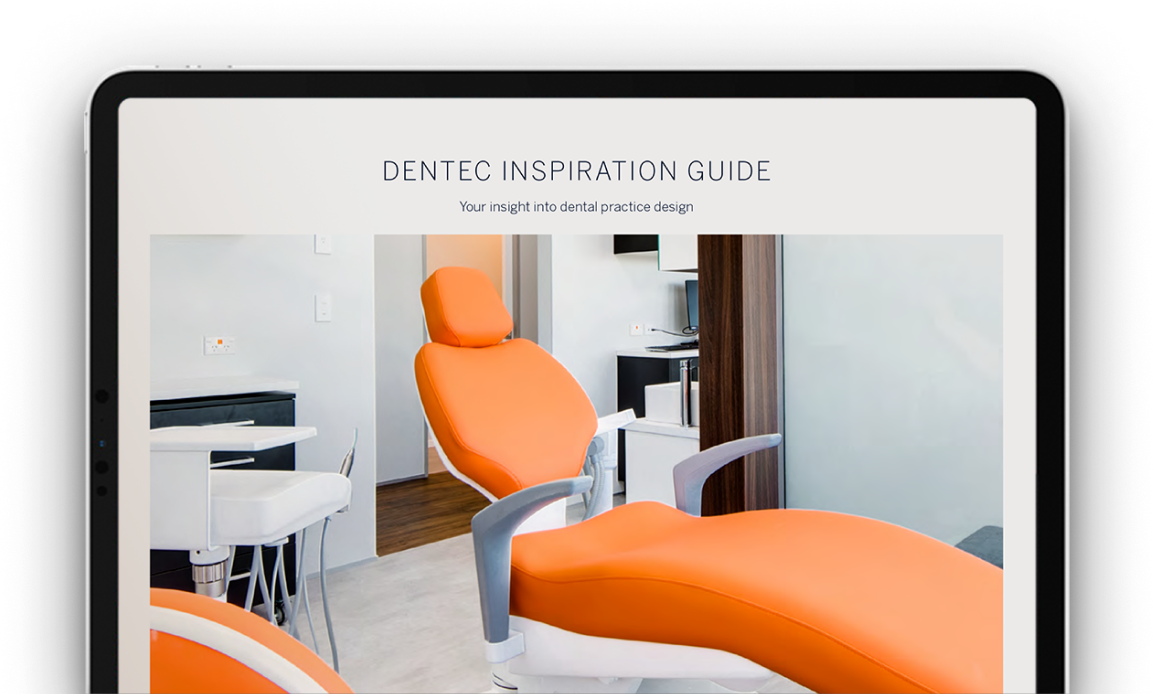Dealing with patient complaints

Healthcare professionals are often faced with unsatisfied patients but how can you deal with them effectively?
In this article, we've outlined the core steps you can follow to respond to and resolve your patients’ complaints. For complaints that cannot be resolved, we also outline the various avenues patients can seek further resolution.
How to deal with a complaint from a patient
A patient complaint is about more than just an isolated issue – it’s an opportunity to demonstrate how well you understand your patient base. Whether you agree with the complaint or not, it’s essential to take it seriously and handle it with care.
- Listen actively to the patient's concerns
- Investigate the issue thoroughly
- Communicate how you are resolving the issue
- Follow up with the patient to ensure they are satisfied with the resolution
By following these steps, you can usually de-escalate issues before they get out of hand. However, there are some cases where a complaint cannot be resolved simply and the patient may seek further action in other ways.
Patients’ right to complain
In New Zealand, any patient has the right to complain about a medical or dental service. Complaints are a common occurrence for health professionals but, if you respond appropriately, you can minimise the potential fallout.
All health professionals are expected to ‘facilitate the fair, simple, speedy and efficient resolution of complaints’. That means you will follow the guidelines for Professional Standard 6 of the Standards framework for oral health practitioners, in line with the requirements of Right 10(3) of the Code of Rights.
Having a procedure to follow is essential when receiving a complaint. It is important to inform the patient of the procedure and ensure that it is followed accordingly.
The procedure will vary depending on your industry and operations, but should at least include the following steps:
- Respond promptly
- Listen to the patient’s concerns with the aim of addressing them
- Apply common sense to solve problems where possible
Options for complaint resolution
When a health professional or clinic cannot resolve a complaint, the patient has other options. There are several avenues to seek complaint investigation and resolution in New Zealand, such as:
Nationwide Health & Disability Advocacy Service
This is a free advocacy service for consumers that operates independently from all health and disability service providers, government agencies and the HDC. The aim of this service is to help consumers identify what is needed to achieve resolution and then support them in their next steps.
Professional associations
If dental patients need industry-specific information, advice, and support, the professional associations for various oral health professions can assist. The most common associations are the New Zealand Dental Association (NZDA) and the New Zealand Institute of Dental Technologists (NZIDT).
New Zealand Dental Association (NZDA)
If a patient complains about the care provided by an NZDA member, they can complain through the consumer complaint process and peer review system. A dental patient can contact the NZDA’s National Consumer Liaison Officer (NCLO) to complain about the standard of care of an NZDA member. The NCLO then acts as a liaison with the aim of resolving the complaint.
If the NCLO is unable to resolve the complaint, the public and NZDA members can take it to a peer review process. This is free, with the goal of providing fair and independent answers about the quality of dental treatment. However, not all disputes are suitable for peer review, for example, fees charged for treatment cannot be considered.
New Zealand Institute of Dental Technologists (NZIDT)
NZIDT has a dispute mediation service to resolve complaints concerning the services of an NZIDT member. The patient can contact NZIDT’s Conflict, Complaints, and Resolution Committee (CCRC) to review their complaint. However, note that the CCRC cannot compel a practitioner to refund money to the patient – only the Courts hold that power.
Health and Disability Commissioner
Patients can also complain directly to the Health and Disability Commissioner (HDC). Depending on the nature of the complaint and their findings, the HDC can:
- Refer the complaint to an advocacy service
- Decide to investigate the complaint and take appropriate action
- Charge the practitioner or require them to change their processes
- Refer the complaint to the Council for investigation under the HPCA Act
Complaints about fees are not a matter that can be considered by the HDC.
Dental Council
All complaints submitted to the Dental Council must be passed on to the HDC for consideration first. Depending on the HDC investigation, some of these complaints may then be referred back to the Dental Council.
In this case, the Council will decide what action should be taken. However, they cannot award damages or costs, or impose disciplinary action. They can decide whether an issue of competence exists and take appropriate action.
This includes determining if a practitioner poses a risk of serious harm to the public. If so, they can restrict the practitioner’s scope of practice or suspend their registration on an interim basis, during the investigation. Complaints about fees are not a matter that can be considered by the Council.
Disputes Tribunal
For claims up to $30,000, patients can go through the Disputes Tribunal. This is quicker, cheaper, and less formal than a traditional court but the decisions are still legally binding. Typically, the hearing is run by a referee who will listen to each party and decide whether to enforce a settlement.
Accident Compensation Corporation (ACC)
If a patient has suffered an injury resulting from dental treatment, they can contact ACC to make a treatment injury claim. In some cases, ACC may be able to provide cover for treatment costs, compensation for lost wages, home help assistance, etc. ACC may not be able to accept claims made more than 12 months after the injury.
Dental clinic reviews
It's important to handle patient complaints properly as they could also result in a bad reputation and negative Google reviews. Having a low rating on your Google reviews could put off future patients.
A Google review is a public rating given by a previous patient to show what they think of your clinic. Reviews are shown on your Google Business listing, but you can’t edit or delete them. The best way to improve your reviews is by:
- Responding to all reviews professionally
- Taking proactive next steps to resolve any issues
- Requesting reviews from more patients
With these three steps, your positive Google reviews will eventually outnumber the negative. Read this Review Tui article to find out more about Google reviews and customer feedback.
One critical way to keep your patients happy is by creating an inviting and trustworthy clinic environment. With the right setup, you can improve the patient experience and create a lasting positive impression.
At Dentec, we specialise in dental fitouts, helping clinics of all sizes create stylish, functional, and patient-friendly spaces. The advantages of a new fitout include:
- Bringing in new patients
- Enhancing efficiency
- Upgrading equipment
- Attracting skilled employees
- Generating long-term growth

.png)

